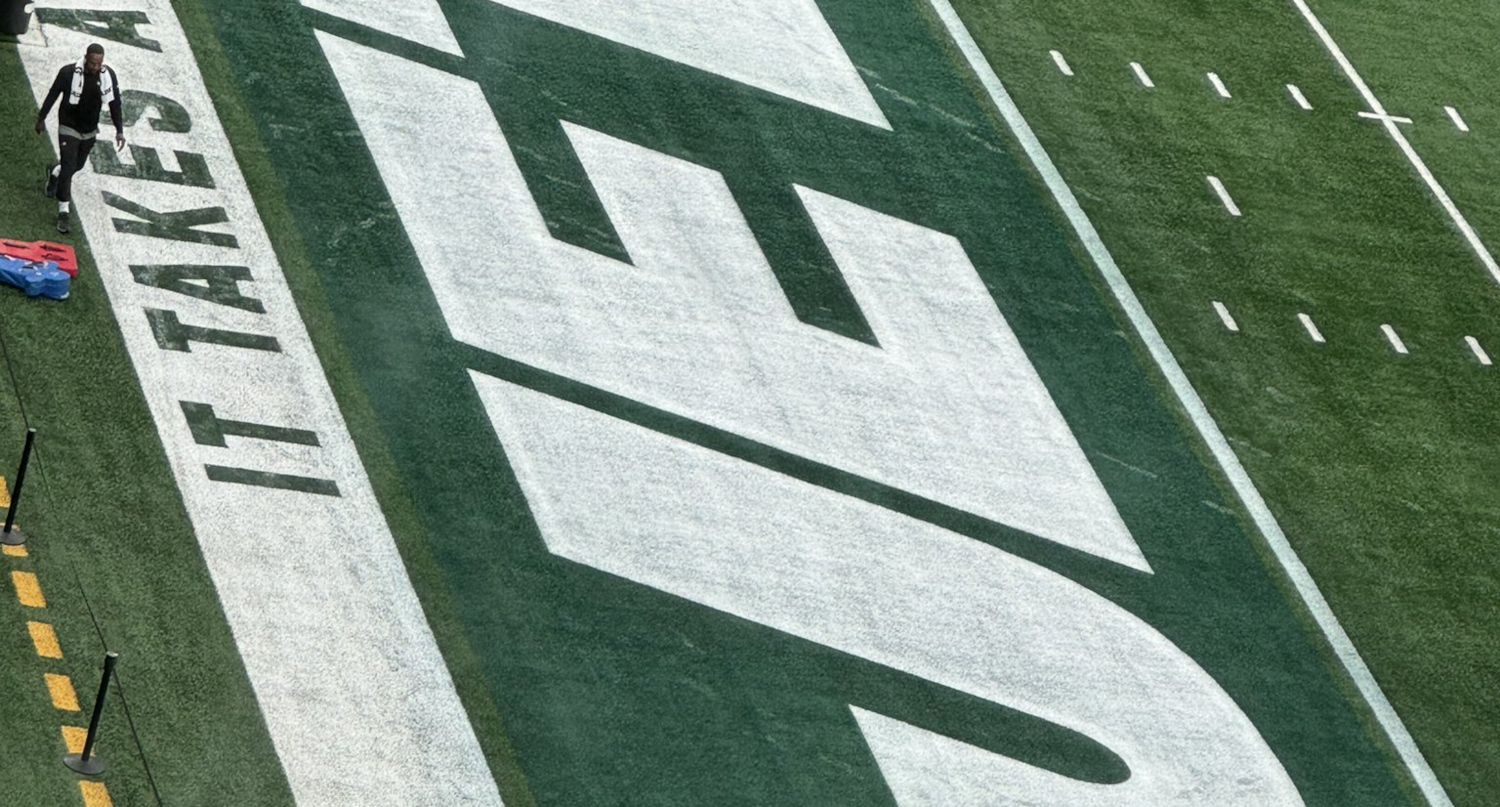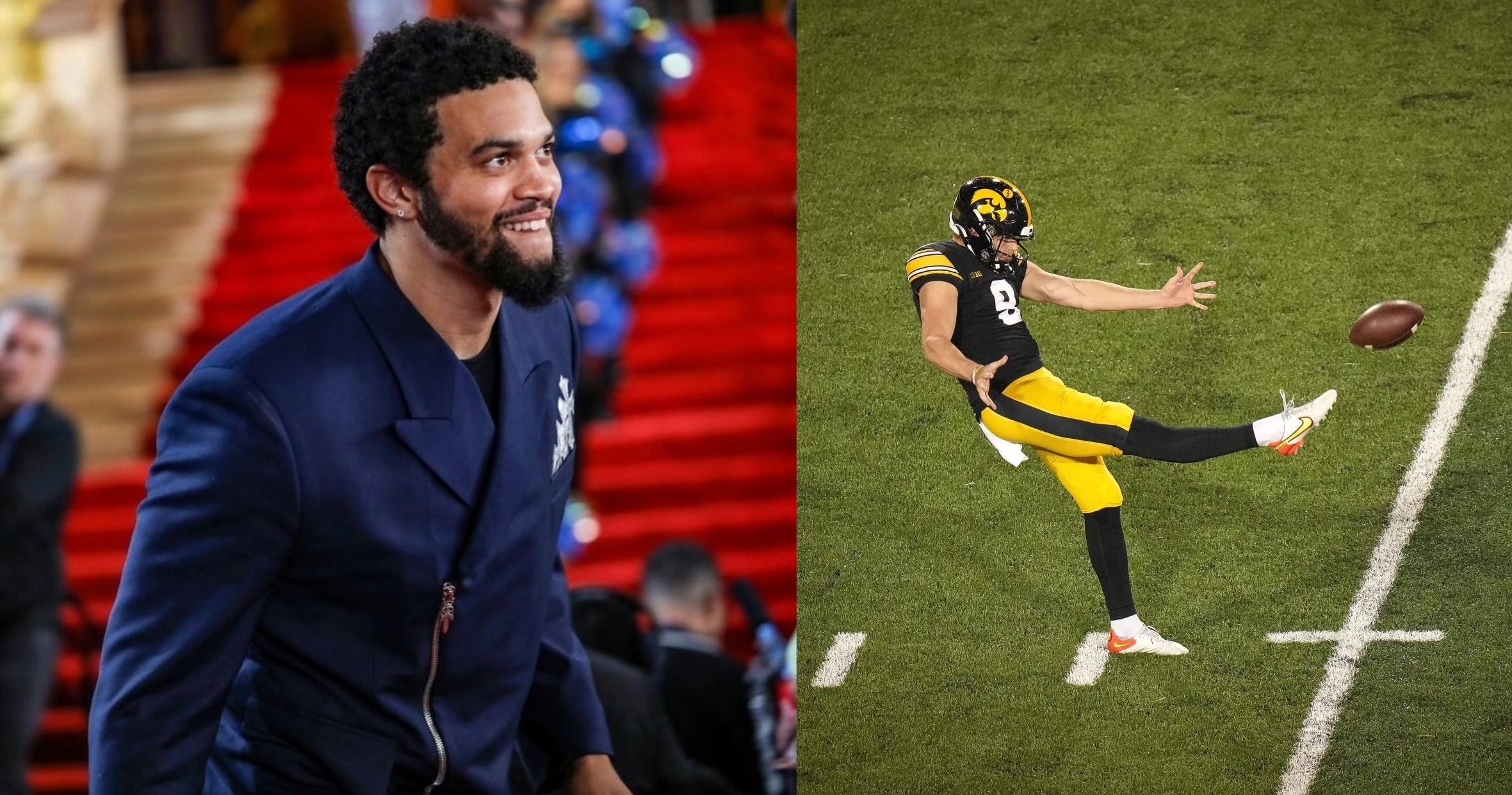Hold on to your butts. Welcome to (the 30th anniversary of) Jurassic Park.
Believe it or not, this landmark science-fiction film about genetically engineered dinosaurs was officially released on June 11, 1993. Jurassic Park changed movies forever because it was more than a summer blockbuster. For a generation, it was a cultural milestone. Rarely does art resonate so strongly that everyone remembers when they first saw it, where they saw it, and whom they saw it with.
Jurassic Park might not be Steven Spielberg’s best movie, but it’s probably his most beloved. It helped usher in the next evolution of filmmaking with ground-breaking special effects.
And, amazingly, it exceeded lofty expectations to become the highest-grossing film of 1993.
It was a movie that succeeded without star actors (Harrison Ford reportedly turned down the role of Alan Grant, which went to Sam Neill). Sure, plenty of people in it went on to become famous. The best example is Samuel L. Jackson. At the time, nobody knew who he was. He didn’t become instantly recognizable until a year later when Pulp Fiction rocked our worlds.
Jurassic Park didn’t need stars because the dinosaurs were the stars. One of the reasons that this film stirs up fond memories is that this was the first time CGI was used to create them. Seeing these prehistoric creatures on the big screen captured a sense of wonderment. Spielberg, known for using innovative techniques, gave audiences something they had never experienced before. As a result, Jurassic Park became the must-see event of that summer.
The only thing close previously was Terminator 2: Judgment Day (1991). Jurassic Park was on a totally different scale. T2’s T-1000 was a shape-shifting silver blob that morphed into people. For Jurassic Park to work, its dinosaurs had to look real, and they still do. Even three decades later, the CGI holds up and looks more realistic than a lot of CGI today (We’re looking at you, Ant-Man and the Wasp: Quantumania). That’s a testament to Spielberg’s craftsmanship and attention to detail. He smartly, mixed digital effects with Stan Winston’s practical effects, which made it easier to suspend disbelief.
Winston — who worked on the Alien and Terminator franchises — and his team built a giant animatronic T-Rex puppet. But the effects were just one part of the endeavor. If the audience didn’t buy the story or care about the characters, it wouldn’t have the emotional connection that still reverberates today. Luckily, the movie had excellent source material since it was an adaptation of Michael Crichton’s best-selling novel. The “science” seems plausible. Jurassic Park even included a fun animated video for exposition.
Mosquitoes stuck in the sap with dino DNA? Got it. Life finds a way.
Made on a $63 million budget, Jurassic Park grossed almost a billion dollars worldwide. Pulitzer Prize-winning critic Roger Ebert said, “Because the movie delivers on the bottom line, I’m giving it three stars. You want great dinosaurs, you got great dinosaurs.”
The legacy of Jurassic Park is complicated.
On one hand, it left a permanent emotional impression. From a business point of view, it showed what kind of financial windfall can be gained when directors push the limits of filmmaking and get support from studios. From a cultural point of view, chances are you have run across somebody wearing a Jurassic Park tee shirt over the past few months. The theme song by John Williams is played at weddings. And from an educational point of view, it inspired children to become scientists, doctors, and researchers.
On the other hand, Jurassic Park‘s success also contributed to many things we don’t like about Hollywood (studios overvaluing CGI and the overabundance of sequels and reboots). Jurassic World Dominion might have been the worst of the franchise, yet it was the third-highest-grossing film of 2022.
No matter how hard directors try, they will never recreate the magic of the first. To borrow a meme from our favorite chaos theory mathematician Ian Malcolm: “You were so preoccupied with whether or not you could, you didn’t stop to think if you should.”
[Photo Credit: Universal Pictures]







